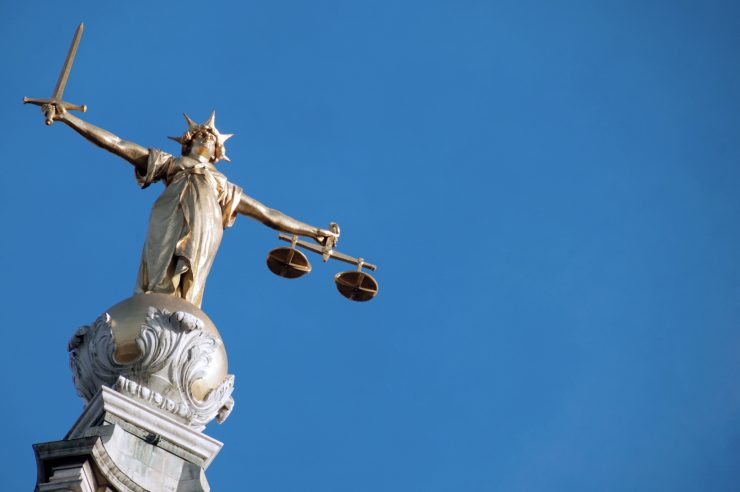Following a request by the government to carry out a review of the law on corporate criminal liability, the Law Commission has now published ten options for reforming how companies are convicted of criminal offences. The options include:
- retaining the current general rule of criminal liability applied to corporations – the “identification doctrine” – as it stands;
- allowing conduct to be attributed to a corporation if a member of its senior management engaged in, consented to, or connived in the offence. This could be drafted so that chief executive officers and chief financial officers are always considered part of an organisation’s senior management;
- regardless of what happens to the identification doctrine, the Law Commission concluded that it should be possible to convict a corporation on the basis of collective negligent even if no individual can be identified – and indeed the lack of an identified individual might be the reason for the negligence;
- any “failure to prevent” offence should bite only where both the offence was intended to confer a business advantage on the relevant organisation or on a person to whom the “associated person” provides services on behalf of the organisation; that there should be a defence of “reasonable” procedures and that it should be acknowledged, as it is in the CFA, that it may be reasonable not to have procedures at all. The Government must publish appropriate guidance and failure to prevent offences should apply only to substantive criminal offences;
- introducing an offence of failure to prevent fraud by an employee or agent. This would apply when the company has not put appropriate measures in place to prevent their own employees or agents committing a fraud offence for the benefit of the company. But the options suggested many times, including during the passage of recent legislation, that the offence could apply either to all economic crimes, or to all economic crimes for which a DPA was a permitted enforcement tool, has not been carried forward;
- introducing offences of failure to prevent human rights abuses, failure to prevent ill-treatment or neglect, and failure to prevent computer misuse;
- introducing civil actions in the High Court, based on Serious Crime Prevention Orders, with a power to impose monetary penalties; and
- introducing a reporting requirement requiring large corporations to report on anti-fraud procedures.

